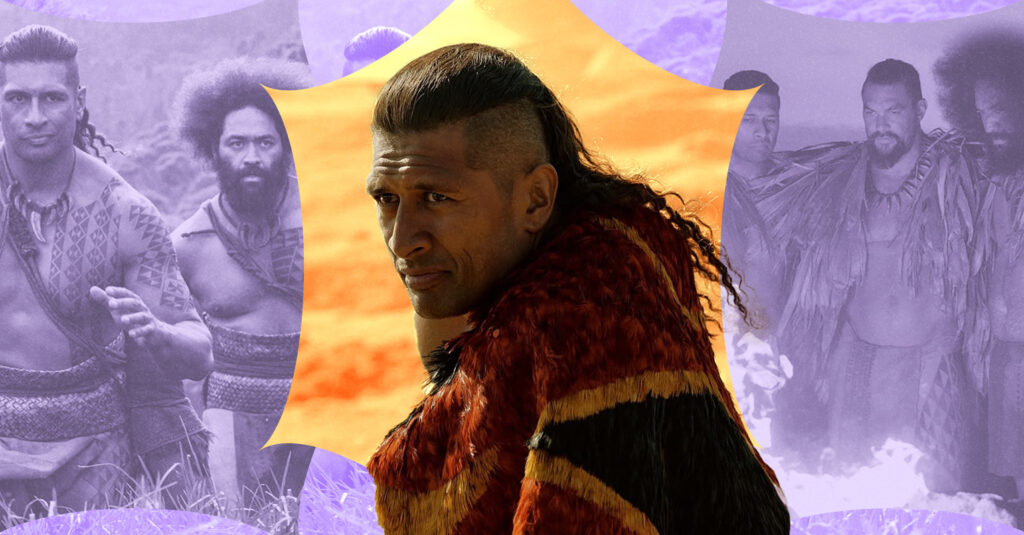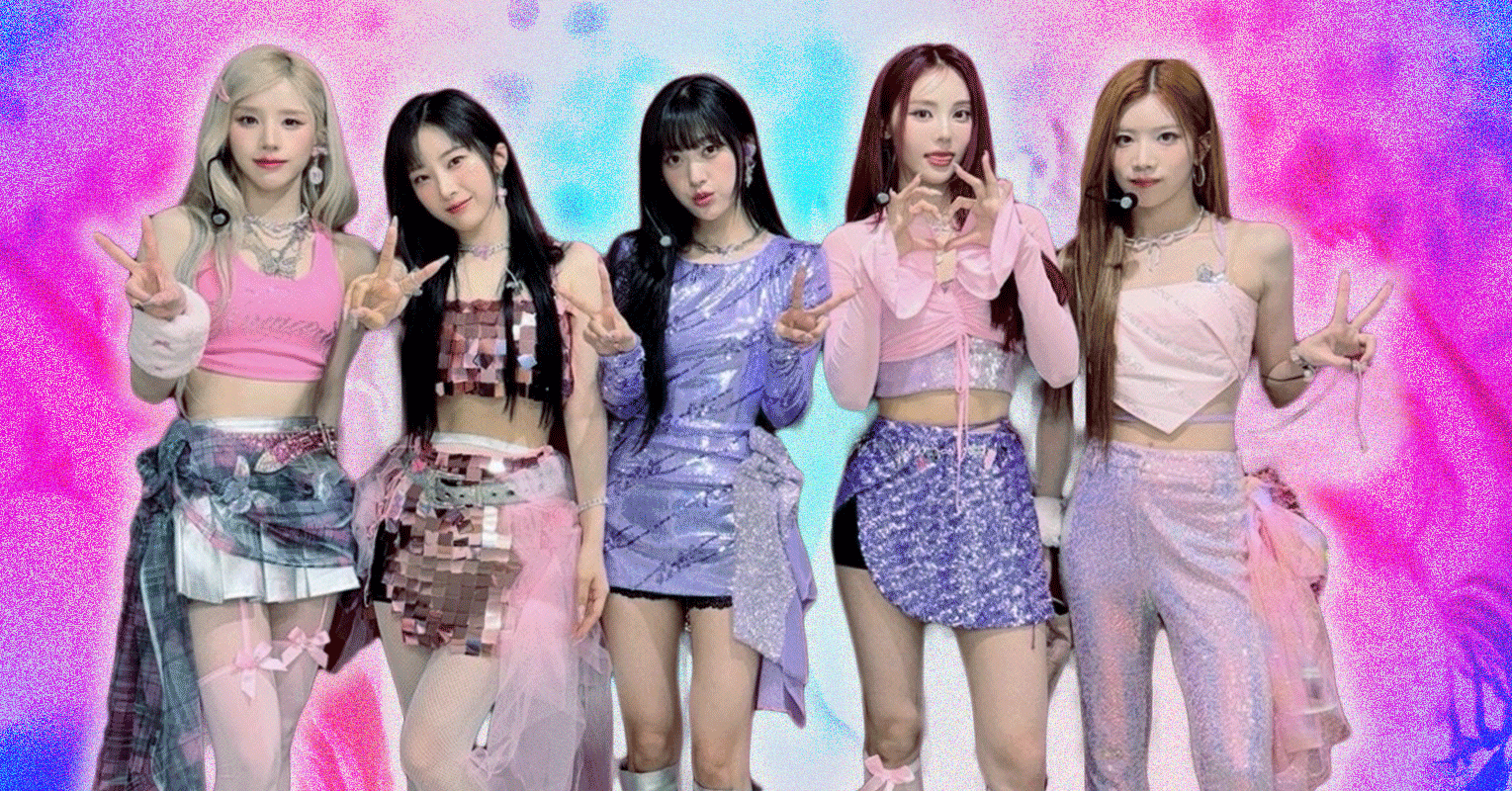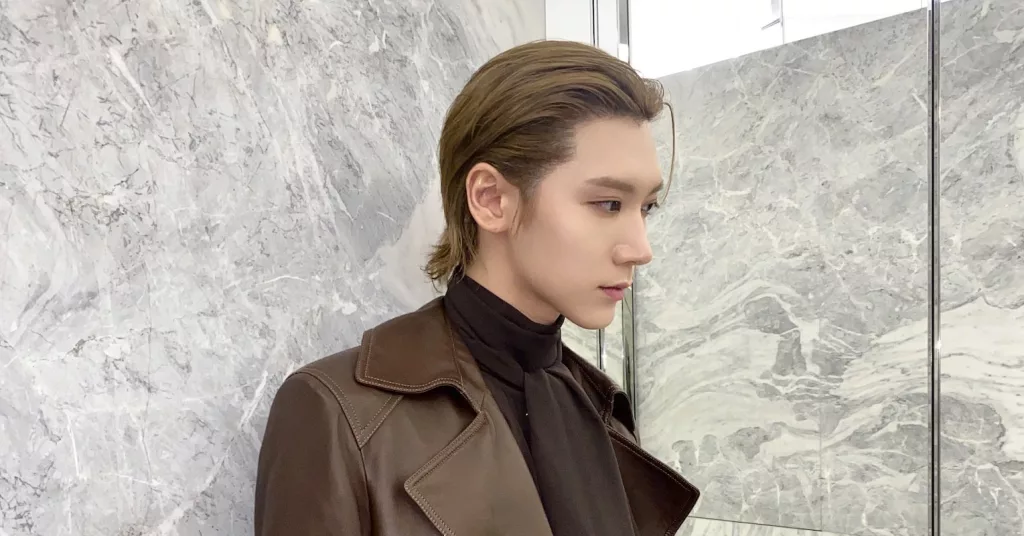Māori actor and producer Te Kohe Tuhaka steps into Hawaiian history in Chief of War, Apple TV+’s upcoming historical drama led by Jason Momoa. Known for his work in The Dead Lands and The Convert, Tuhaka takes on the role of Nāmake, a man caught between duty, family, and cultural legacy.
Premiering August 1, the series follows the unification of the Hawaiian islands in the face of Western colonization. Set and filmed across Hawai‘i and New Zealand, the nine-episode drama blends action, ritual, and identity through an Indigenous lens. EnVi spoke with Tuhaka over Zoom from his home in stormy New Zealand to unpack on-set memories, cultural responsibility, and what’s next for Pacific stories on the global stage.
Understanding Nāmake
Te Kohe wasn’t just on any film set when Chief of War first came into his life; he had just been eliminated from a reality show in New Zealand when the audition call went through. After just reading the pilot script, he knew instantly that he wanted to be part of it. Some time after he submitted his audition tape, and sat through a director’s session with Justin Chon, he eventually received a personal call from Jason Momoa to welcome him to the cast.
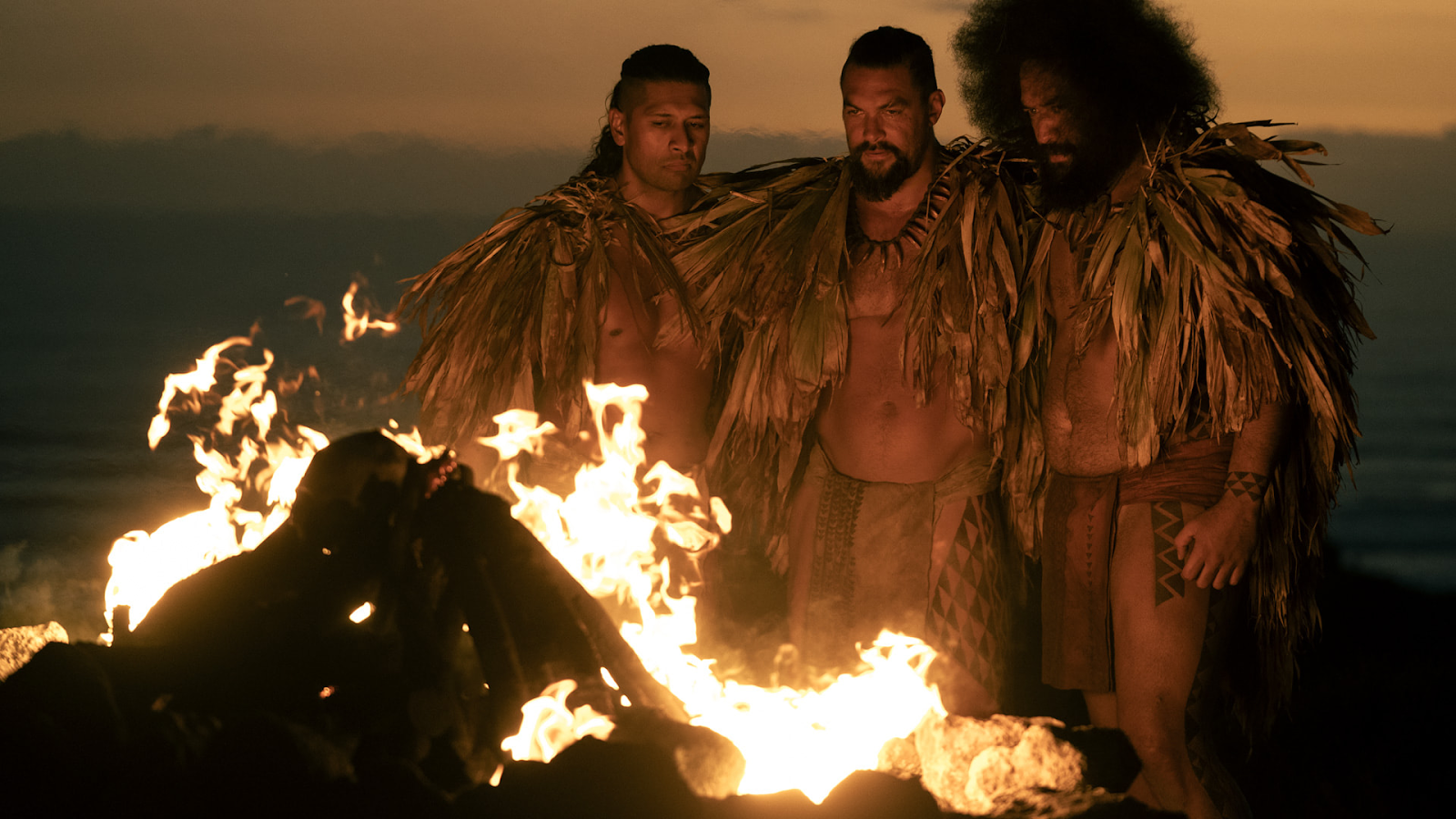
As the middle brother in the story, Nāmake isn’t the loudest or most explosive presence on screen. Instead, he represents the space between extremes, between honor and emotion, tradition and survival. “The calm between the storm,” as Tuhaka described him. His role is to mediate, to keep the family unit intact while navigating deeply rooted tensions around identity and leadership. For Tuhaka, playing Nāmake wasn’t just about understanding Hawaiian history, but also about accessing universal emotions such as loyalty, compassion, and inner conflict.
While the cultural framework was Hawaiian, Tuhaka found connections through his own Māori heritage. Connections such as rituals, protocols, and the weight of community leadership, which all served as reference points for him. But differences existed too, and those were approached with curiosity rather than assumption. “I walked into it allowing my heart and my spirit to be open to learning,” he added.
That learning came not just through the script, but by walking the land. Tuhaka spent most of his time with language experts and local practitioners, visiting sacred sites, feeling the water, and listening. He felt that the deeper immersion anchored his performance, giving the Nāmake a sense of real connection rather than surface-level imitation. As Tuhaka put it, the role wasn’t about reenactment. It was about entering someone else’s sacred space and honoring it from within.
Culture as Compass
There’s a reason the actor often says “my culture is my superpower.” That mindset didn’t just inform his preparation, it became the backbone of how he showed up on set. What changed during Chief of War, though, was the depth of connection to a culture that wasn’t his own, yet still felt spiritually aligned. Throughout filming, he found himself performing traditional Hawaiian incantations, chants, and ceremonies, some of which took him by surprise in how deeply they affected him. “It really opened me in a different way,” he admitted, getting emotional while reflecting on the experience.
While it’s easy to celebrate representation through casting alone, Tuhaka emphasized that Chief of War prioritized authenticity across every layer of production. From wardrobe to choreography to language, the creators worked hand-in-hand with Hawaiian practitioners to keep things rooted.
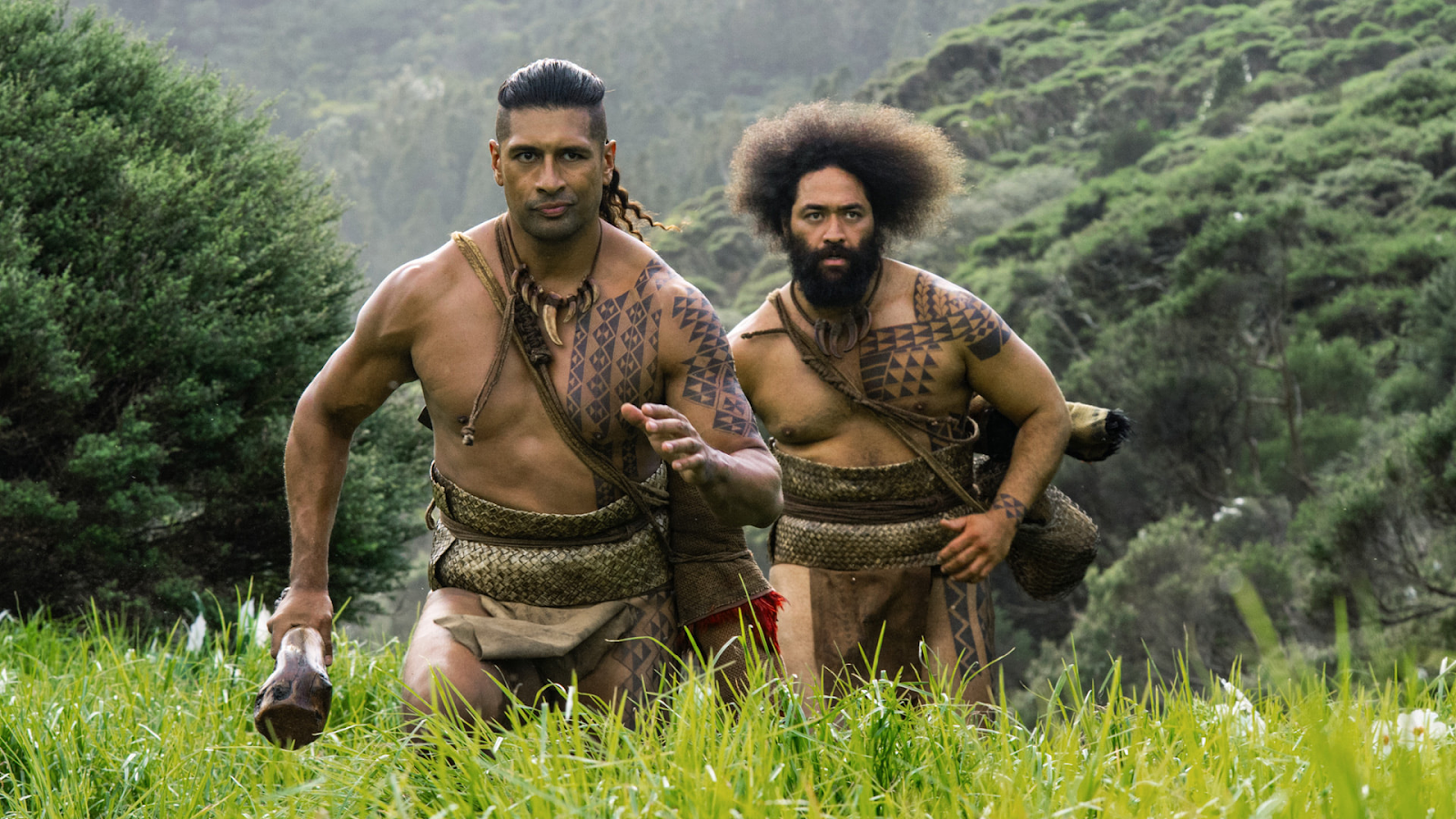
Tuhaka expressed that the collaboration felt different as he noted the value in having a Polynesian-led production team, especially when it came to intention and respect. “Jason said that this is the thing that’s going to kick open the door so that other Polynesian stories can be told. And he’s not wrong.” The possibility for Chief of War to create ripple effects is something Tuhaka believes in deeply.
But for him, it’s not just about Hawaiian visibility. “This is the beginning of something that allows the rest of Polynesia… to say that they have a right and a place on the [Apple TV+] platform.” The hope is that this paves the way for more stories from Māori, Tongan, Samoan, Micronesian, Melanesian, and beyond to be told without needing to justify their value.
Epic Scale
With past projects like The Dead Lands and The Convert, he’d long been part of Māori-centered productions. But Chief of War took things to a different level, both in size and scope. “The scale of Chief of War is something that I had never experienced,” he said. “I’d worked on big projects before but nothing like the scale.” From the number of people on set to the scale of the cast, every part of production felt massive. This is even more amplified by the cultural responsibility that came with it.
One standout moment though? It’s when they were filming on the lava fields in Kalapana, Hilo, when the cast was surrounded by a living landscape shaped by recent volcanic eruptions. “I’d never seen lava in its fresh state before,” he said. “It was smooth and it was almost like glass.” Watching the ocean meet newly formed land left an image in his mind that hasn’t faded. “Those images and that setup of the landscape, I’ll never forget,” he recalled fondly.
“Overwhelming. It was very overwhelming. Overwhelming in the best possible sense. I learned, I grew, I evolved as a craftsman and as a creator. And I feel like I have a greater understanding of the love that I have for my own culture by walking on the beaches of somebody else’s culture.”
Te Kohe Tuhaka
Even the way he approached acting grew because of the show. “Bringing my craft, my processes and my commitment to storytelling and merging them grew me,” he explained. The experience did not only give him more screen time, it also gave him perspective. “It grew me as an actor. It’s influenced all the projects that I’ve done following on from Chief of War.” Nāmake was a role that stretched him emotionally, spiritually, and professionally. But like the land he stood on in Kalapana, Tuhaka walked away shaped, not burned.
Stepping Behind the Camera
Producing The Convert marked Tuhaka’s first foray behind the camera, and it’s already reshaped how he views performance. “That journey in itself… it has changed the way I view performance actually,” he said. Learning how stories get made, how sets are run, and how teams are managed gave him a broader understanding of storytelling. “Now I have a greater understanding on how things are made and what’s required to keep them being made.”
Since then, he’s been building out his own projects. “I have a couple of short films in development. I have a feature film also in development,” he shared. One of them is a tribute dedicated to his late mother. Another is a short about a Māori story around a Vietnam veteran, tapping into his love for classic action films. “I grew up in the late ‘90s with Predator and Bloodsport, and currently I’m writing a short film that brings that genre in line with Māori storytelling,” he dished.
His goal isn’t just to create content, it’s to shift genre space in New Zealand entirely. “We don’t make those movies down here,” he said, referring to action-heavy films. But with the tools and perspective he’s gained, he’s ready to change that. Tuhaka hopes more creatives across the Pacific will take that next step: “Now it’s our turn. Let’s have a go at doing the same thing.”
Stretching Toward the Future
Reflecting on his career trajectory, Tuhaka laughed when asked what his younger self might say now. “Do more stretching,” he joked, before turning serious. “I’m super happy that you never gave up on the dream.” He believed that younger Te Kohe would be proud, not for the accolades, but for staying the course.
He admits that it’s a hard industry, especially when working from the “bottom of the world,” as he called Aotearoa. “Being an actor that’s at this part of the world, at the bottom of the world, we’re so far removed from anything else internationally.” Yet despite the challenges, he kept telling stories, kept dreaming, and kept making space for others to do the same.
Tuhaka knows that his path hasn’t been walked alone. He gave thanks to mentors, collaborators, and the cultural practitioners who trusted him to carry parts of their history. But above all, he seemed most proud of being able to walk through someone else’s culture with respect, and come back with a deeper love for his own.
Chief of War may be Hawaiian at its core, but it reminded him why Māori storytelling still matters, especially on the global stage. “We do our best to keep living the dream,” he said. “To keep telling stories, to keep buying into what it is that we want to do. Which is to work on a global platform to tell global stories.”
Don’t forget to catch Te Kohe Tuhaka in Chief of War premiering on Apple TV+ starting August 1.
Chief of War is available to watch on Apple TV+. To see more of Te Kohe Tuhaka, check out his official Instagram.
Interested in more ACT!ON content about actors? Read our interview with Dani Oliveros here!
